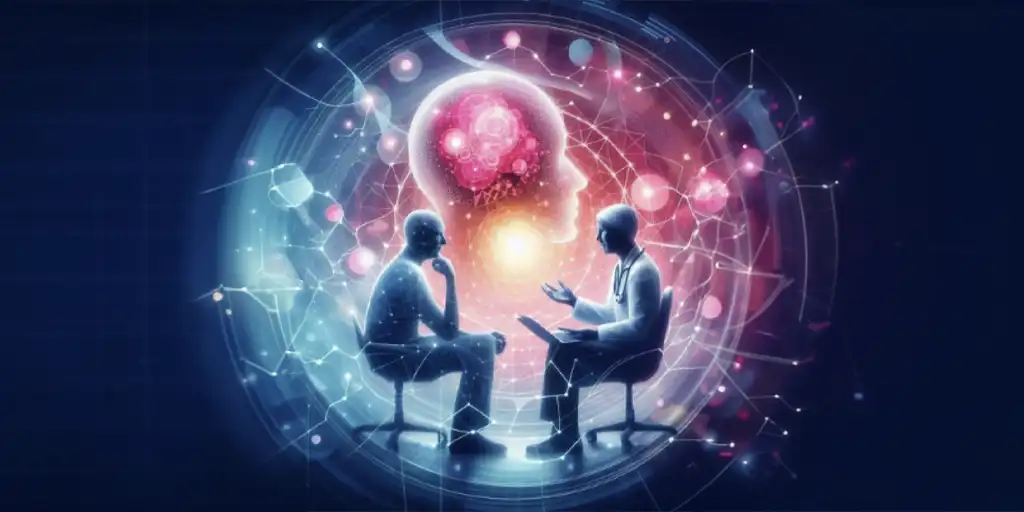Dealing with a cancer diagnosis in today’s medical system involves navigating many unforeseen barriers and hurdles. Some of the challenges that patients can find themselves least prepared for are the communication gaps that are so common in today’s medical system, including in the field of oncology. It seems obvious that good communication is essential for good cancer care, and research confirms that this is true. Why then does the problem seem to only be getting worse? The following are a few ideas, based not only on research but on my own impressions as an oncologist who worked in a mainstream oncology setting for many years.
Lack of Time
Most oncology physicians in traditional practices unfortunately find themselves under ever-increasing pressure to see more and more patients in less and less time, leaving a limited amount of time for them to explain diagnoses and treatments, answer questions, and listen to patients’ concerns. Many patients today are looking for more in-depth discussion regarding the possible benefits versus side effects of treatment options, and this type of discussion often requires more time than a conventional oncologist is able to provide. Even those oncologists who understand the importance of good communication often find themselves limited in what they can offer.
Technical Terminology
Beyond the problem of time constraints, many oncologists attempt to communicate information using technical terminology that can be difficult for non-medically trained patients and families to fully understand. Given the state of shock associated with learning of a cancer diagnosis which makes it more difficult to process and retain information, it is no wonder that many patients leave their initial consultation with their oncologist with more questions than answers.
Lack of Integrative Information
Many patients today have questions regarding integrative or holistic treatment options. They may be understandably hesitant to ask their oncologist these questions. If they do ask, the answers they receive can often be perceived as superficial or dismissive, which is not surprising given the lack of training most oncologists receive regarding nutrition and other integrative treatment approaches. Therefore, most oncologists’ inability to connect with patients on this important level can add to the sense of a communication divide.
Lack of Empowerment
The language providers use can be either empowering or disempowering for patients, and research has shown the benefit of feeling empowered in terms of optimizing the function of the immune system. Unfortunately, research also shows that the use of disempowering language remains far too common in our medical system. Treatment recommendations can be empowering if delivered using language that encourages patients to take an active role in their own care. Integrative oncology, with its emphasis on healthy lifestyle and the power of good overall health, can provide patients with a more empowering message than they receive from their conventional oncology team.
The Advantage of Consulting with an Integrative Oncologist
One approach to bridging these communication gaps is to consult with a physician outside the mainstream cancer care delivery system who has training and experience in both conventional and integrative cancer care. As an integrative oncologist who works outside the limiting structure of the insurance model, I can often help address factors that contribute to communication gaps. With longer, unhurried visits, I can provide more time to explain diagnoses and treatment options, answer questions, listen to concerns, and discuss the balance between treatment benefits and side effects. Given my years of experience as an oncologist, I am able to explain or “interpret” points a patient’s primary oncologist may have been trying to get across, while offering my own perspective regarding treatment options. Also, given my training and experience as an integrative physician, I can answer questions regarding integrative options and present a comprehensive set of recommendations that incorporates both integrative and conventional elements. I can present these recommendations in understandable language that hopefully empowers and motivates my patients to succeed.
It is incredibly difficult for a patient to focus his or her energies in the direction of cure or long-term survival when he or she does not have a clear understanding of their diagnosis or of the treatment plan that their oncologist has proposed. An integrative oncologist can act as an interpreter of sorts who can help fill in any communication gaps patients may be experiencing, no matter where on the integrative versus conventional spectrum the gaps may be. Because of my training and experience all along this spectrum, I am often able to help patients navigate any communication deficiencies that are making their cancer journey more difficult. I find this to be one of the most gratifying parts of my job. Whenever I can help a patient feel like they fully understand their situation and that they feel truly heard, I consider that a big success.
Conclusion
Clearly, once patients can successfully navigate the communication divide that plagues today’s cancer care system, they are much better prepared to move forward with a treatment plan and that plan has a much better chance of being effective. For many patients, finding an integrative oncologist to help bridge this divide can be a key step in an effective cancer treatment journey.



